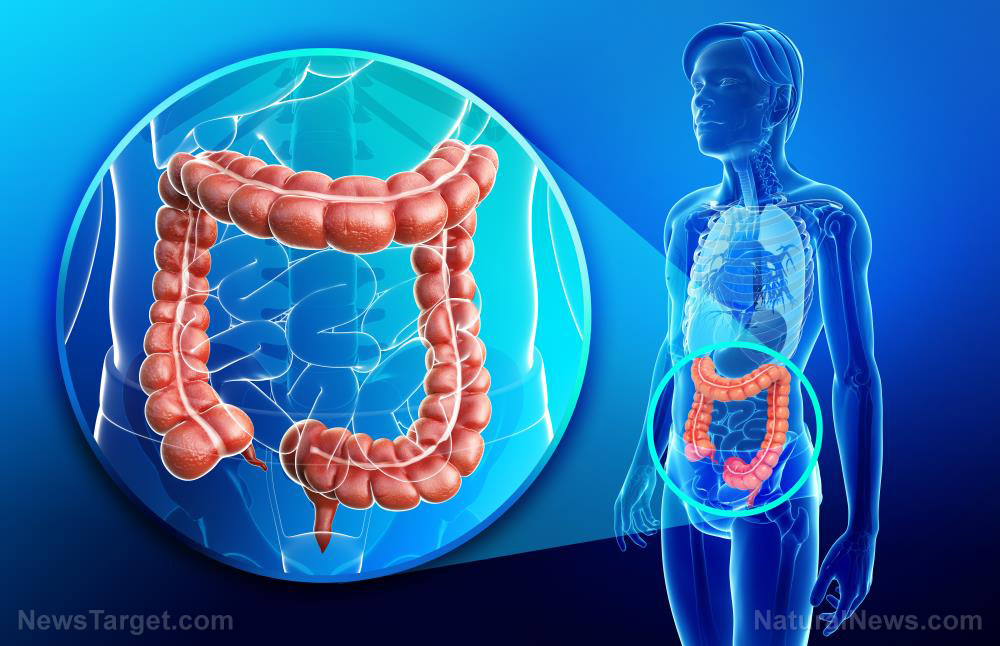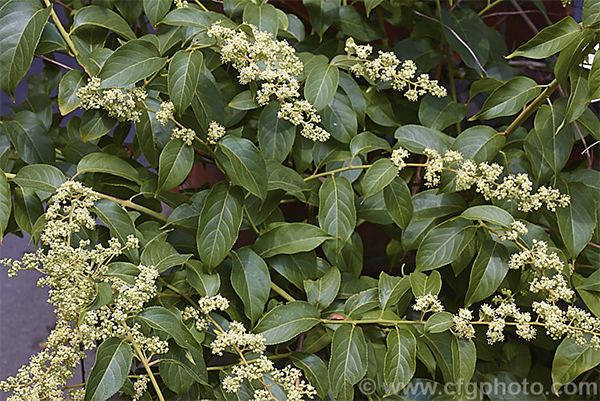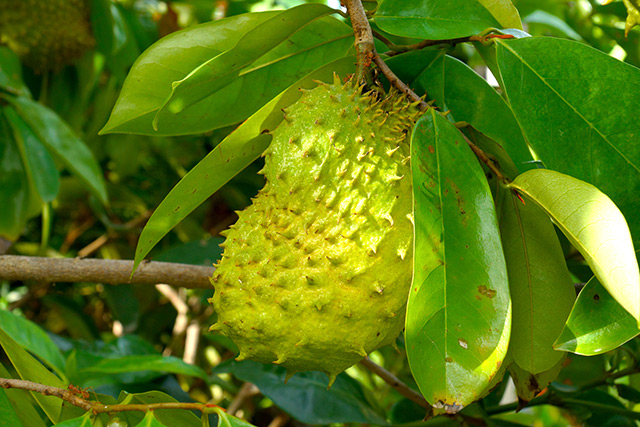Colorectal cancer is a microbial disease: Changes in the gut microbiome can be used for early detection
12/23/2019 / By Darnel Fernandez

The human body hosts trillions of microorganisms, forming a population known as a microbiome. While bacteria are usually associated with infections and diseases, others are beneficial to the body, providing benefits to the immune and cardiovascular systems and other aspects of general health. Now, recent evidence suggests that the gut microbiome could hold the key to the early detection of colorectal cancer.
A study published in the journal Nature Medicine Letters found that examining genetic changes in fecal matter can accurately show the status of the gut microbiome. These changes involve an increase in specific organisms linked to the malignancies associated with colorectal cancer such as intramucosal carcinoma and polypoid adenomas. According to the researchers, these health markers could eventually be used to help detect cases of colorectal cancer.
“We believe that colorectal cancer is fundamentally not only a genetic but also a microbial disease,” said corresponding author Shinichi Yachida. “Our results show that changes in the gut microbiome are present at the very early stages of colorectal cancer development, which could potentially provide vital diagnostic and causative clues for this disease.”
A gut feeling
Colorectal cancer, as the name implies, is cancer that starts in either the colon or the rectum. According to the Centers for Disease Control and Prevention, this type of cancer is the third leading cause of cancer-related deaths in the United States. It is also considered the third most common cancer in both men and women. The researchers claim that colorectal cancer is a slow-moving disease, meaning it takes longer than most to reach its final and fatal form. This emphasizes the need for early detection to effectively nip the disease in the bud and ensure proper treatment.
The power of the elements: Discover Colloidal Silver Mouthwash with quality, natural ingredients like Sangre de Drago sap, black walnut hulls, menthol crystals and more. Zero artificial sweeteners, colors or alcohol. Learn more at the Health Ranger Store and help support this news site.
In this study, researchers from Osaka University analyzed the fecal samples from a large cohort of 616 participants who recently underwent colonoscopy. They assessed the characteristics of the participants’ gut microbiota and how they all relate to colorectal cancer. (Related: Fighting colorectal cancer with gut health: Certain probiotic bacteria, combined with broccoli, found to prevent and reduce tumors.)
The results of the study show that colorectal cancer was linked to an increase in certain factors in the gut microbiome, in addition to the presence of cancer-associated microorganisms like Fusobacterium nucleatum spp. and Atopobium parvulum.
“Future studies will focus on the relationship between the gut microbiome and tumor characteristics in individual patients with colorectal cancer. This will help us understand the roles of the microbiome in the development of colorectal cancer,” said the second corresponding author Takuji Yamada.
Preventing colorectal cancer
Outside of early detection through changes in the microbiota, you can also adopt some healthy lifestyle changes that might be able to lower the risk of developing colorectal cancer. You can find a few of them below:
- Eat a balanced diet. The concept of how diet can affect your overall well-being has been around for many years. In fact, a diet high in fiber from various fruits and vegetables can help lower the risk of colorectal cancer. However, you should also avoid eating too much red and processed meats like hotdogs and luncheon meats since the World Health Organization classifies these types of meats as probable carcinogens.
- Cut down on alcohol use. Several studies have established that excessive alcohol intake could lead to cancer. According to a study published in the journal Annals of Oncology, moderate to heavy alcohol consumption was associated with a 1.2 and 1.5 increased risk of colon cancer respectively compared to having no alcohol consumption at all.
- Quit smoking. Long-term smoking has been linked to an increased risk of developing certain cancers, including colorectal cancers. By inhaling these chemicals and toxins into the body, you invite free radicals to damage the DNA and mutate healthy cells. These can eventually lead to the formation of cancerous polyps which, in turn, lead to colorectal cancer.
For similar stories on innovations regarding cancer, visit CancerSolutions.news.
Sources include:
Tagged Under: balanced diet, Colorectal Cancer, discoveries, early detection, early treatments, gut health, gut microbiota, microbiology, prevention, stopsmoking


















